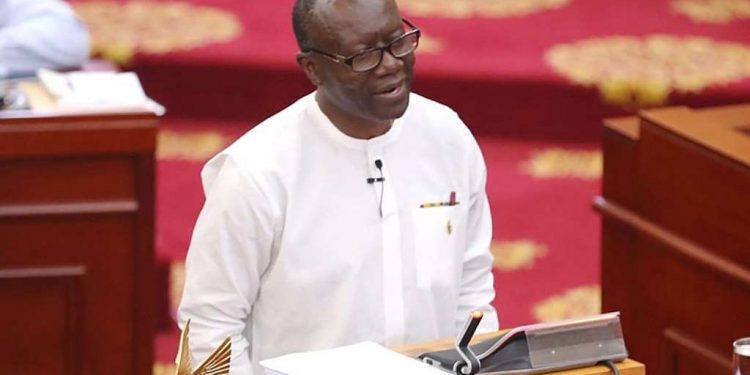E-Levy: GRA, Finance Ministry to discuss anomalies in tax handle
Given the identification of some key anomalies in the Electronic Transactions Levy (E-levy), the Ghana Revenue Authority (GRA) has revealed that it will engage the Finance Ministry to resolve the said key anomalies which could significantly impact some Ghanaians when the tax is implemented.
Speaking on the new development, a Principal Revenue Officer and Head of the Project Management Unit for GRA, Isaac Kobina Amoako, admitted that salaries paid through mobile money will attract E-levy, even though the salary would have already been taxed.
He explained that the current framework created by the law, as it stands, does not distinguish a corporate mobile money account and an individual mobile money account.
Mr Amoako added that potential challenges that may accompany this situation have come to the attention of the Authority; hence, all such concerns will be forwarded to the Finance Ministry with the hopes of having them addressed quickly.
“That is something that has come to our attention; we’ve referred it to our superiors to look at it. But, for now, the law seems to have captured everybody, including disbursements from corporate mobile accounts. In fact, for the banks, the disbursements from corporate accounts were not mentioned, so it is clear that that is exempt.
“But in the MoMo, there was no distinction between a corporate MoMo account and individual MoMo account; so, that is where we’ve received some kind of feedback from the public that it will affect salaries, loan disbursements, and so many other things, which we’ve referred to the [Finance] Ministry,” he said.
The Authority, however, explained the scope of exemptions and how persons who transfer monies between their accounts can avoid being taxed.
“A transfer between accounts owned by the same person; I have a Fidelity account, and I transfer money to my GCB account where I am doing the transfer, E-Levy will not apply. If I transfer to my Ecobank account, my Prudential bank account and my CBG account, E-Levy will not apply.
“We have a unique identifier, the Ghana Card, and that is what we are going to use. There are some people who have used their passport to register their account; we are saying that for you to qualify for the exemption.
“So there is the need to let your Ghana Card be linked to all your accounts so that it will be the unique identifier of you everywhere so that you can enjoy the exemption,” he stated.
Following the passage of the Electronic Transfer Law, the GRA has indicated its readiness to implement it from May 1.
Staring Friday, April 1, 2022, the following are the transactions to be affected by the E-Levy:
- Mobile money transfers between accounts on the same electronic money issuer (EMI)
- Mobile money transfers from an account on one EMI to a recipient on another EMI
- Transfers from bank accounts to mobile money accounts
- Transfer from mobile money accounts to bank accounts
- Bank transfers on a digital platform or application which originate from a bank account belonging to an individual to another individual
The following transactions will not be affected
- Cumulative transfers of GHC100 per day made by the same person
- Transfers for the payment of taxes, fees and charges on the Ghana.gov platform
- Electronic clearing of cheques
- Specified merchant payments (that is, payments to commercial establishments registered with the GRA for income tax and VAT purposes)
- Transfers between principal, master agent and agent’s accounts








